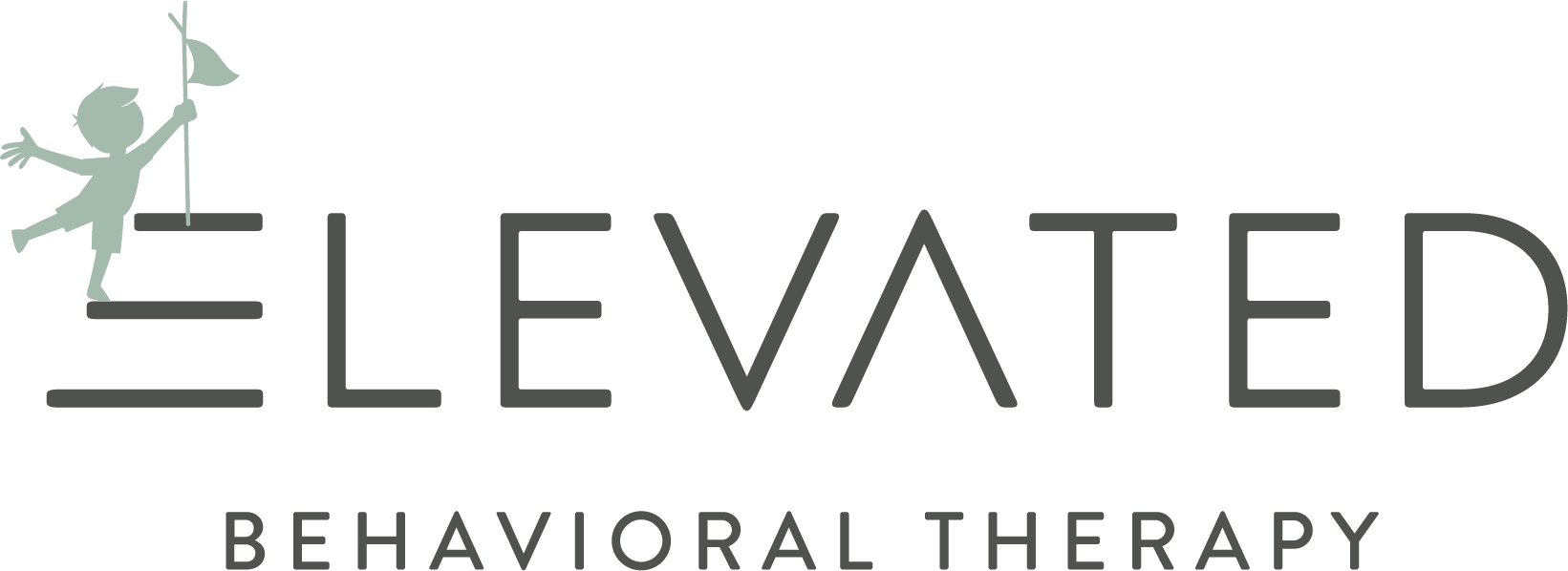Adaptive Skills
Deficits in adaptive skills and adaptive behaviors are often associated with a diagnosis of ASD. These deficits become apparent when a child begins to display difficulties completing daily routine tasks such as dressing, cleaning, handwashing, etc. Through our AST program, individuals learn basic life skills that help them achieve greater independence at home and within their communities. Some of the specific areas of functional skills that we target include self-help, personal hygiene, communication, safety awareness, community integration and participation, as well as socialization and play skills.
Our comprehensive approach includes two key components: Adaptive Skills Assessment and Adaptive Skills Training.
Adaptive Skills Assessment
Before any training begins, an in-depth adaptive skills assessment is conducted to identify the specific areas where support is needed. This assessment evaluates an individual’s ability to perform daily tasks, participate in the community, and manage personal safety and hygiene. We use a combination of parent/caregiver interviews, direct observation, and standardized tools to measure the child’s current functioning in these areas. Based on the results, we create a personalized plan that prioritizes areas of greatest need.
Key areas of assessment include:
- Self-help and personal care (e.g., dressing, feeding, toileting)
- Communication skills (verbal and non-verbal)
- Safety awareness (e.g., crossing the street, responding to emergencies)
- Social skills (interaction with peers and family)
- Community participation (shopping, using public transport)
Our assessment is designed to give a clear picture of an individual’s strengths and challenges, allowing us to create a tailored training plan that maximizes their potential for independence.
Adaptive Skills Training (AST)
After the assessment, our Adaptive Skills Training program provides structured, one-on-one support to teach essential life skills in a way that is manageable and motivating for each individual. Using principles of Applied Behavior Analysis (ABA), we break down skills into smaller, achievable steps and incorporate positive reinforcement strategies to encourage progress. The ultimate goal is to help individuals achieve functional independence across a range of daily activities.
Some of the specific skills we focus on include:
- Personal hygiene and self-care (brushing teeth, hand washing)
- Household responsibilities (cleaning, organizing personal items)
- Communication (improving verbal exchanges, using alternative communication if needed)
- Safety practices (identifying hazards, emergency responses)
- Socialization and community involvement (building friendships, attending social events)
Our AST program emphasizes real-world application, meaning skills are practiced in the home and community environments. Progress is regularly monitored, and training plans are adjusted as individuals reach their goals.
Some highlights of our AST program:
- Individualized program: Tailored to each client based on the assessment findings.
- Ongoing progress tracking: Regular updates to ensure continual improvement.
- Positive reinforcement: Strategies that make learning fun and motivating.


